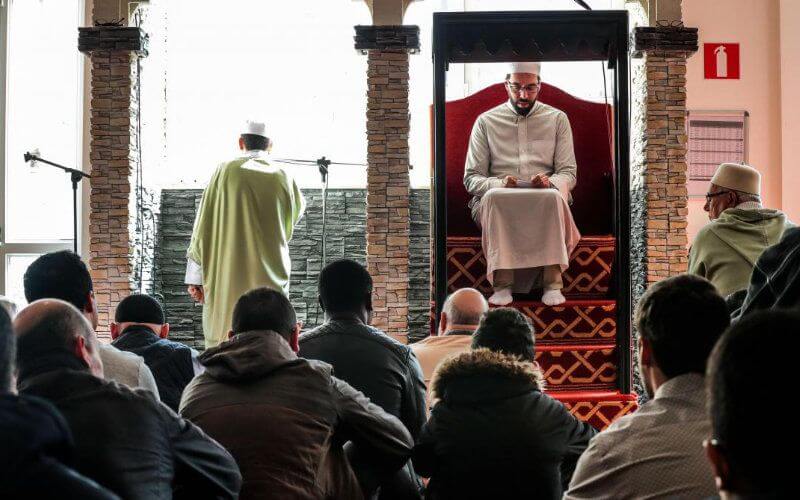Survey Reveals Growing Religious Disaffiliation Among Arab Youth

A survey conducted by the BBC and the Arab Barometer research network of 25,000 people in ten countries in the Middle East and North Africa concludes that Arabs are massively abandoning their religion.
On this large sample, they are 8 to 13% of people according to the countries to claim to be non-religious, between 2013 and 2019. A clear progression in the results, according to the investigators who note that people under 30 are the most affected by apostasy, with 18%.
Far from the Arab countries, the phenomenon is also gaining momentum in Europe, particularly in Belgium where, fearing judgments and reprisals, apostates prefer to remain discreet and only reveal their secret in the circles or with the people in whom they feel confident.
Le Soir Belgique approached four apostates (three men and one woman) whose testimonies are poignant. Having all grown up in practicing families, they confide that they were disappointed not to have been able to talk freely about religion with their loved ones, not to have obtained any answer to their questions. But also and above all, they denounce the overwhelming weight of the community, reports the Belgian newspaper.
Ali, in whom his parents saw a future great imam, recounts those long days spent at the mosque studying the Quran from the age of 6 and how he was sent to a Koranic school in Morocco at the age of 15, before finally finding himself in prayer in one of the largest mosques in Liège. Despite this course, he says he feels a progressive distancing that has led to a break with Islam.
The young thirty-year-old still remembers the death threats he received from his mother when he tried to broach the subject with her. "I made the choice to turn everyone against me because there was no alternative," he says bitterly.
Selim lived in a family environment similar to that of Ali, where parents believe that apostates deserve the ultimate punishment. Born in Brussels into a Moroccan family, the grandson of an imam, he says he is exasperated by the religious hypocrisy during family gatherings. "When I told my brother that I was no longer Muslim, he told me he was in the same situation."
For her part, Asma feared a violent reaction from her father, but it was her experience as a daughter, then as a woman in this family, that prompted her to cut ties.
"Even though we are no longer Muslims, it is very difficult for us to be accepted," confess these three former Muslims who say they have already been threatened with death several times.
Related Articles
-

Stray Bullet Tragedy: 15-Year Struggle of Young Brussels Man Left Quadriplegic After Senseless Shooting
25 July 2025
-

Brussels Welfare System Under Scrutiny: Balancing Fraud Prevention and Social Support
25 July 2025
-

Tragic Heroism: Father Drowns Trying to Save 5-Year-Old Daughter in Belgian Canal
23 July 2025
-

Housing Fraud Scandal Rocks Belgium: Lawyer’s Double Life Sparks Nationwide Crackdown
19 July 2025
-

Belgium Tightens Nationality Rules: Fees Skyrocket and Citizenship Test Introduced
18 July 2025